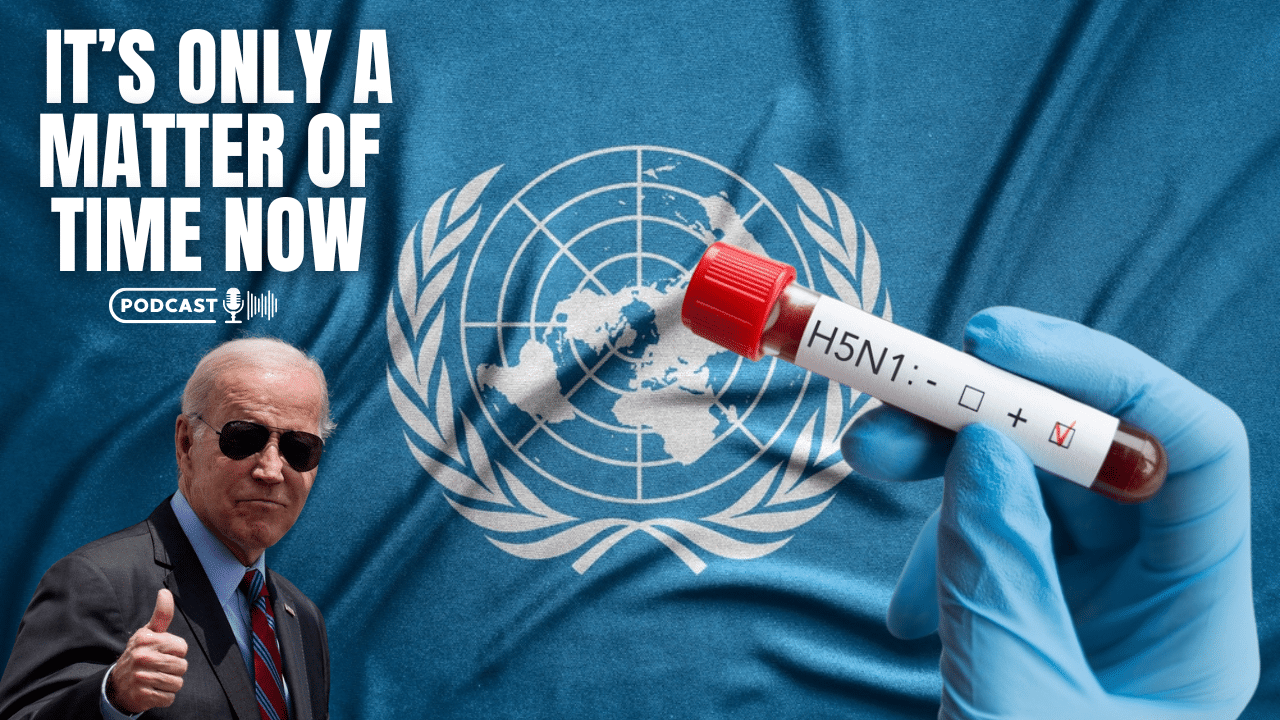The fertile fields surrounding Tainan, the former capital of Taiwan famed for its fireflies, food, and hundreds of historic temples, were filled for centuries with lush rice paddies and huge stretches of sugar cane. But drive north from the city today, passing the National Museum of Taiwan History, and you find yourself surrounded by scores of drab, low-slung industrial blocks. In place of rural serenity, there is the bustle of building sites.
Clusters of young workers smoke and chat in the shade of trees while others scurry along the street under the fierce sun, clutching lunch grabbed from noodle stalls. ‘This was very different when I was growing up,’ said a local man in his 20s. ‘Now it is all engineers, scientists, and new buildings.’
Taiwan has discovered a lucrative new cash crop: the manufacture of cutting-edge computer chips, the tiny silicon semiconductors which are the building blocks of modern society from national defenses through to electricity grids, health systems, stock trading, transport, and mobile phones.
Already this fast-expanding science park on the south of the island produces the world’s most advanced chips, 10,000 times thinner than paper. Soon it will churn out the next generation that are even smaller, faster and more efficient.
But such is Taiwan’s market dominance, dramatically outpacing China and the United States, there are fears over the devastating global impact if the Chinese government ever carries out its threat to seize Taiwan, the thriving island democracy on its doorstep.
‘We all now depend on peace in the Taiwan Strait,’ said Chris Miller, a professor of economic history and author of Chip War, a book analyzing the struggle for control of microchips, which he suggests are now humanity’s most critical industrial resource. ‘The cost of conflict between China and Taiwan could run into trillions for the world, with almost every company impacted amid delays of many years for goods on which our society relies. The shock could be greater even than the Covid pandemic.’
Miller sees microchips as ‘the new oil’ – a scarce resource of massive strategic significance that fuels military, economic and geopolitical power. A typical mobile phone contains 22 chips, while even a small diabetes monitor has four and a kitchen coffee maker three. Such is their importance that some experts fear the Beijing regime might be spurred into an attack on Taiwan simply to seize its foundries churning out chips.
China has a surprisingly poor record in this industry. It spent more than $100 billion (£84 billion) to develop its own semiconductors, only to discover recently that much of the money had disappeared through corruption. Its semiconductor industry is thought to be at least a decade behind Taiwan’s.
Yet, conversely, others suggest Taiwan’s $125 billion (£106 billion) chip industry might actually deter invasion as China’s firms and military are so dependent on it. It has been described as a ‘silicon shield’ and ‘huguo shenshan’ – ‘the magic mountain that protects the nation’.
‘If there is a war across the Taiwan Strait, there will be no winner,’ said Lee Hsi-Min, the country’s former military chief of staff. ‘Taiwan is so far ahead and we supply the world with the most advanced chip, so it is a kind of economic deterrence.’
Ominously, however, the admiral pointed out that the Ukraine war shows dictatorships do not always act logically. ‘Beijing may agree that it would be disastrous, but this might not be enough to stop them.’ Key to Taiwan’s chip dominance is a visionary tech entrepreneur in his 90s who reads Shakespeare before bed to gain wisdom about ‘the nobility, greed, cruelty and ugliness of human nature’.
Over the past decade, Morris Chang has turned his firm into a pivotal force in global technology and one of the world’s most valuable corporations – yet few outside the industry know the name of either this billionaire visionary or his behemoth company, let alone his remarkable personal story.
Winning a place at Harvard University in the US after a difficult childhood in China and Hong Kong overshadowed by war, poverty and instability, he rose steadily through the ranks of US semiconductor firm Texas Instruments.
When passed over for the top job, Chang accepted Taiwan’s offer to modernise its technology sector by creating a semiconductor industry – then left to set up his own firm, Taiwan Semiconductor Manufacturing Company (TSMC). (Daily Mail)
















